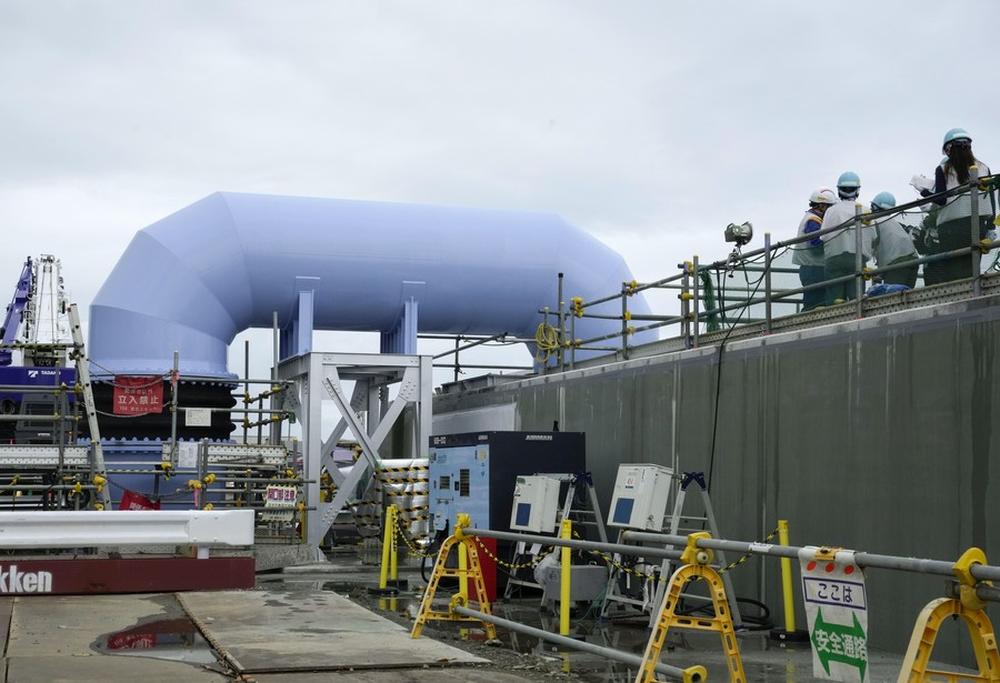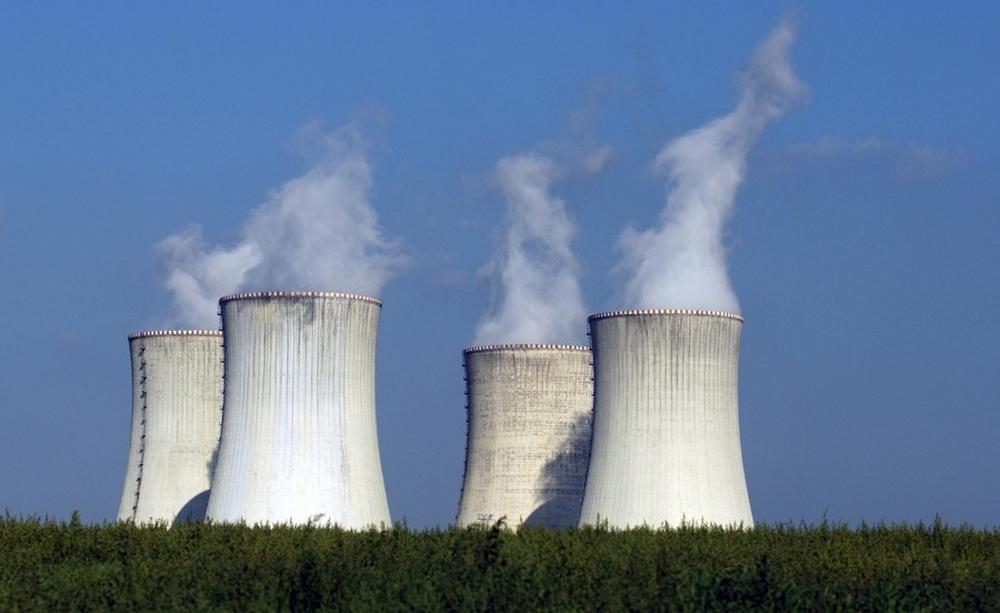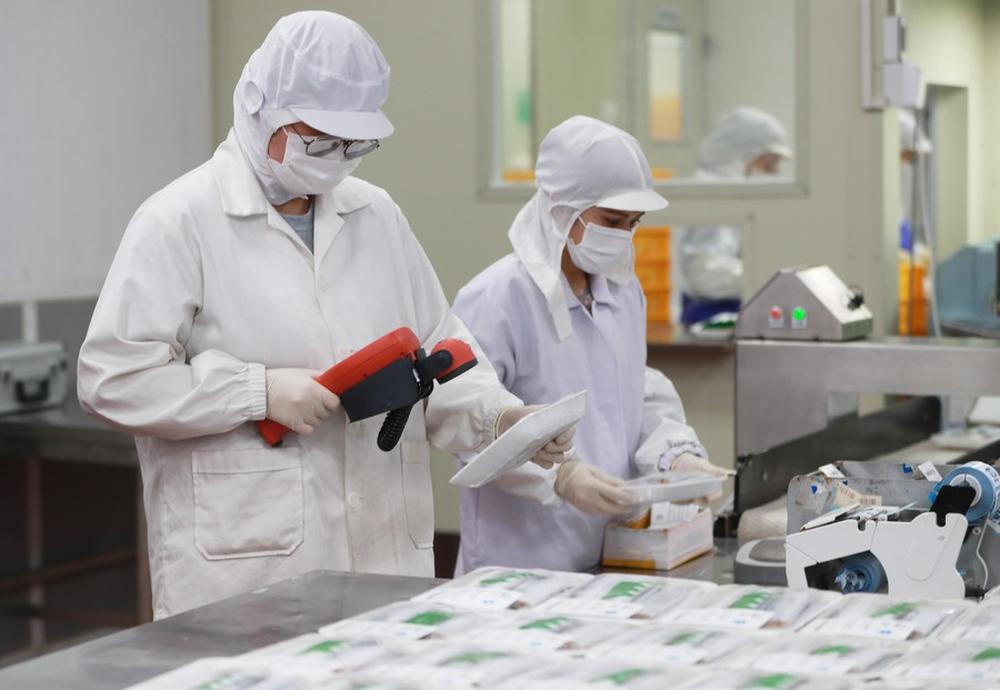- #Energy & Climate
- #Global Issues
- #South Korea

► Ongoing debates over nuclear energy and exaggerated concerns about radiation have tarnished the image of nuclear power's peaceful usage.
► In addressing nuclear power and nuclear weapons issues, South Korea must strike a balance between utilizing nuclear energy for sustainable economic growth and ensuring stringent safety measures.
► South Korea's journey between Fukushima and Yongbyun is one fraught with complexities and challenges, but it is also an opportunity for growth, innovation, and collaboration.
For Koreans, nuclear power holds two significant meanings. It emerged as a cheap source of energy in the 1970s, playing a pivotal role in the country's economic development, contributing approximately 30% to the electricity supply. The successful development of nuclear technology allowed for the construction of nuclear power plants independently, instilling a sense of peace and prosperity. However, alongside the positive perception of nuclear energy, there lies a deep-seated fear associated with the use of nuclear weapons. South Korea's existence as a divided nation, with North Korea's nuclear arsenal looming large, has perpetuated this apprehension. Moreover, ongoing debates over nuclear energy and exaggerated concerns about radiation have tarnished the image of nuclear power's peaceful usage.
The Fukushima nuclear disaster in 2011 sent shockwaves across the globe. Prior to this incident, the nuclear power industry had been emphasizing safety and reliability following the Chernobyl accident, sparking what was often referred to as a "nuclear renaissance." South Korea's involvement in the global nuclear market grew, highlighted by the successful export of nuclear power plants to the UAE in 2009. Concurrently, Southeast Asian countries began to express heightened interest in nuclear energy. However, the Fukushima disaster, a result of a natural disaster, reignited public controversies and anxieties, which persist twelve years later.
South Korea has been witnessing numerous conflicts concerning the use of nuclear energy in recent years, oscillating between nuclear phase-out and phase-in strategies. Since the completion of its first nuclear power plant in 1978, nuclear energy has played a pivotal role in the nation's economic development, serving as a major energy source to meet the rapidly growing demand for electricity. With strong government support, nuclear technology rapidly advanced, leading to South Korea's recognition as an advanced technology country. However, as public focus shifted from economic gains to environmental and safety concerns, support and opposition to nuclear power became polarized, driven by fears of radiation and nuclear waste management.
Supporters of nuclear power in South Korea argue that it is environmentally friendly and vital for meeting the country's substantial electricity demands. Nuclear power's relatively low carbon emissions position it as an alternative energy source in the fight against climate change. However, critics voice concerns over nuclear waste management and safety issues, citing the risk of accidents and long-term nuclear waste management challenges. Therefore, South Koreans' support for nuclear power varies based on factors such as the government's energy policy, environmental considerations, and nuclear security, all of which shape public attitudes toward nuclear energy. The Fukushima incident exemplified excessive anxiety about radiation and exposed a clear division in South Korea's response to the release of contaminated water from Fukushima.
Opposition to the release of treated water from Fukushima primarily stems from concerns about marine radioactive contamination. People fear radiation exposure through seafood consumption and mistrust the safety measures taken with the treated water and the Japanese government's handling of the issue. Despite scientific explanations regarding the discharge standards for treated water and analyses suggesting insignificant changes in radiation levels, mistrust-based anxiety persists. Anti-nuclear activists lead the opposition, but the issue resonates with the general public, challenging South Korea's confidence in nuclear power.
North Korea's nuclear weapons, once a direct source of fear and anxiety, have become a more distant concern since the sixth nuclear test in 2017. Nevertheless, the issue remains a long-term problem with various countermeasures and controversies, such as security cooperation with the United States, nuclear weapon sharing, and North Korea's own nuclear armament. Unfortunately, progress in responding to North Korea's nuclear activities has been limited.
North Korea began pursuing nuclear weapons development through various tests in the 1980s, vowing to complete nuclear weapons from its first nuclear test in 2006 to the sixth test. Plutonium and uranium serve as the materials for North Korea's nuclear weapons, mined domestically. The country reportedly possesses uranium enrichment facilities throughout its territory, which were first disclosed in 2010. The Yongbyon reactor holds symbolic significance in North Korea's nuclear development, as it was essential for nuclear material supply before uranium enrichment became possible. Safety concerns surround the Yongbyon reactor, with suspicions that North Korea may be operating its nuclear facilities without adhering to international safety standards, potentially leading to nuclear accidents or radiation leakage.
While the sixth nuclear test may have contaminated parts of North Korea, accurate data on the extent remains elusive. Radioactive leaks from underground nuclear tests can impact groundwater or soil, posing long-term environmental effects. Such incidents require substantial resources and technical expertise for damage repair and decontamination. However, North Korea's nuclear test had no radioactive impact on South Korea.
North Korea's development and possession of nuclear weapons have instilled fear among South Koreans regarding the country's nuclear capabilities and potential threats. The presence of North Korea's nuclear weapons poses a direct challenge to regional stability and peace on the Korean Peninsula, with the potential for massive damage and loss of life in the event of a military conflict.
Excessive concern about radiation, exacerbated by the controversy over nuclear energy, has become an obstacle to the peaceful use of nuclear power. Conversely, there is a lack of a realistic response to the existential danger posed by North Korea's nuclear weapons and its ongoing nuclear development activities. While radiation demands cautious handling, a distinction must be made between controllable and uncontrolled risks.
In conclusion, nuclear is both a necessity and a subject that requires careful handling. Factual information must guide decision-making, dispelling vague insecurities, and fostering practical and effective responses. Dealing with the complexities between Yongbyon and Fukushima demands a thorough assessment of real dangers, underscored by international coordination and cooperation.
In addressing nuclear power and nuclear weapons issues, South Korea must strike a balance between utilizing nuclear energy for sustainable economic growth and ensuring stringent safety measures. Public awareness campaigns are crucial for dispelling unfounded fears and fostering a well-informed perspective on nuclear power. International cooperation and dialogue are essential for addressing North Korea's nuclear activities and enhancing regional security. Furthermore, South Korea can play a key role in promoting peaceful nuclear energy and nuclear disarmament initiatives on the global stage.
South Korea's journey between Fukushima and Yongbyun is one fraught with complexities and challenges, but it is also an opportunity for growth, innovation, and collaboration. By addressing these issues responsibly, South Korea can pave the way for a more secure, sustainable, and peaceful future.
Jiyoung Park is the Director of the Technology Policy Center at the Research Institute for Economy and Society. Her main research area is science, technology, and security policy. Her current interests include policy and management issues related to nuclear technology, security challenges posed by emerging technologies, and evidence-based science and technology policies. Park holds a Ph.D. in nuclear engineering and radiological sciences.

